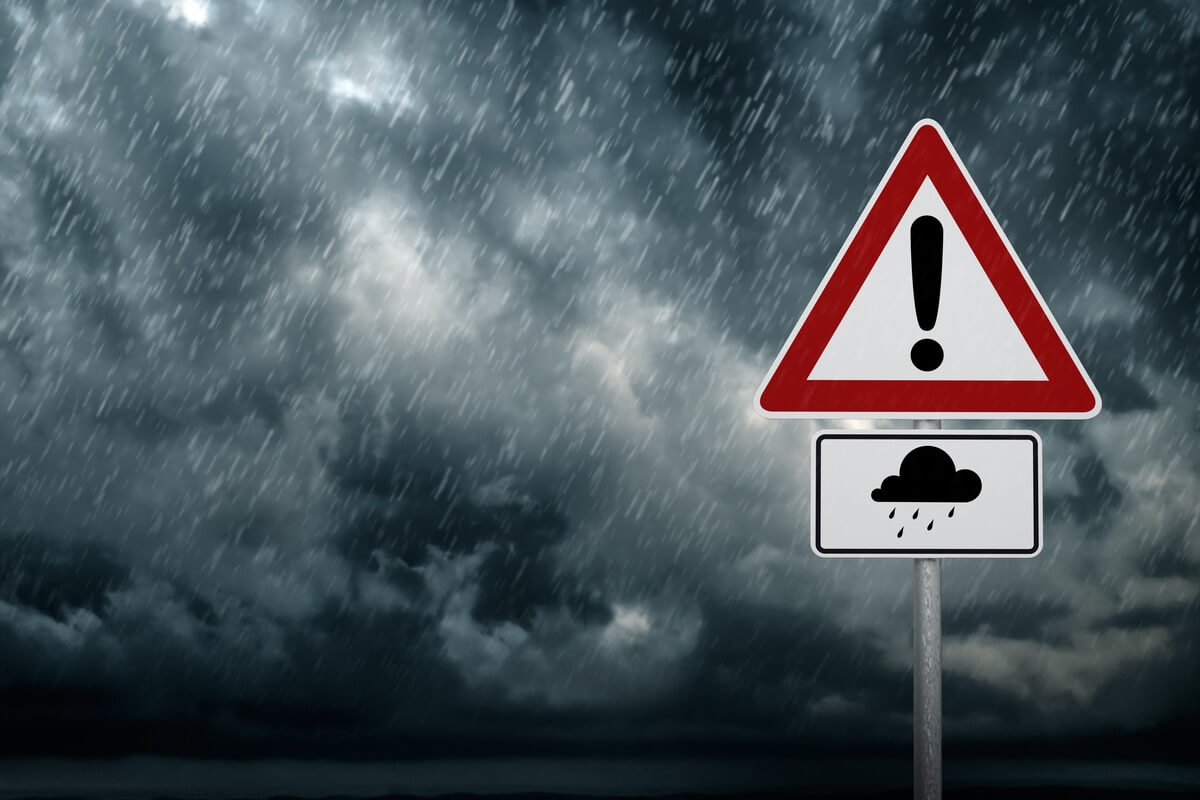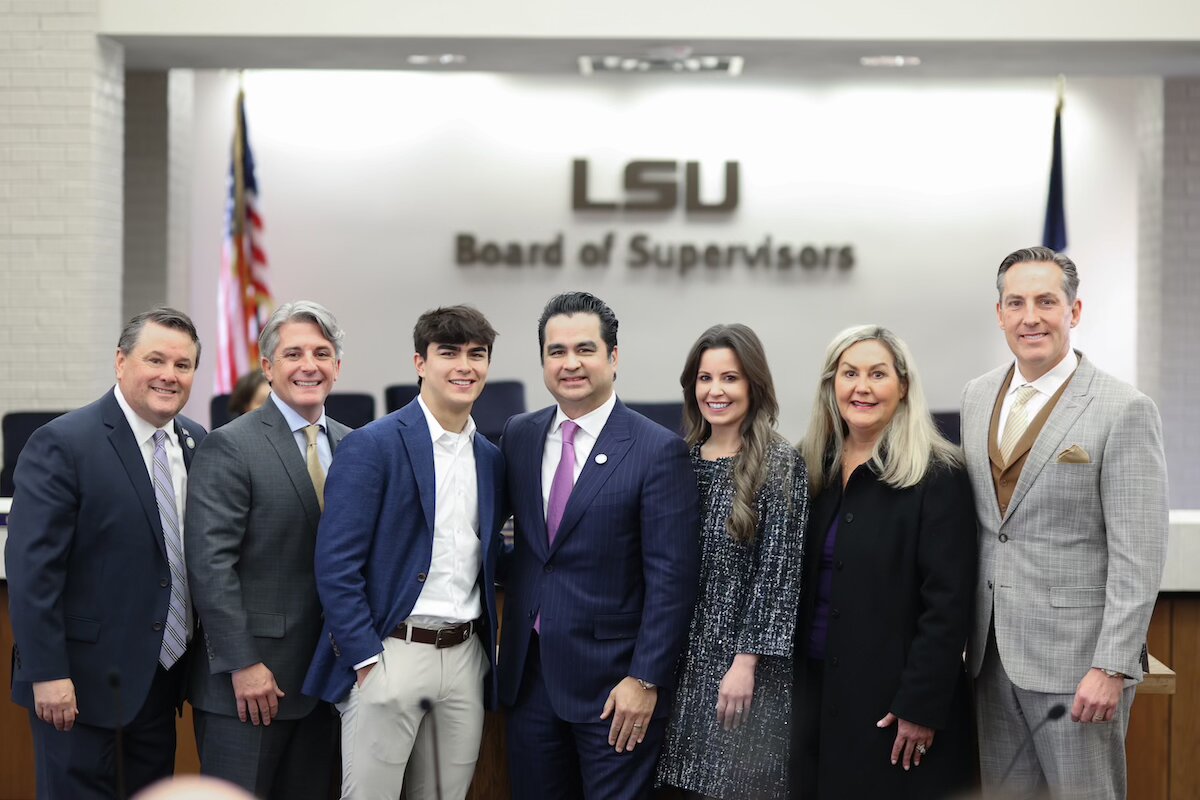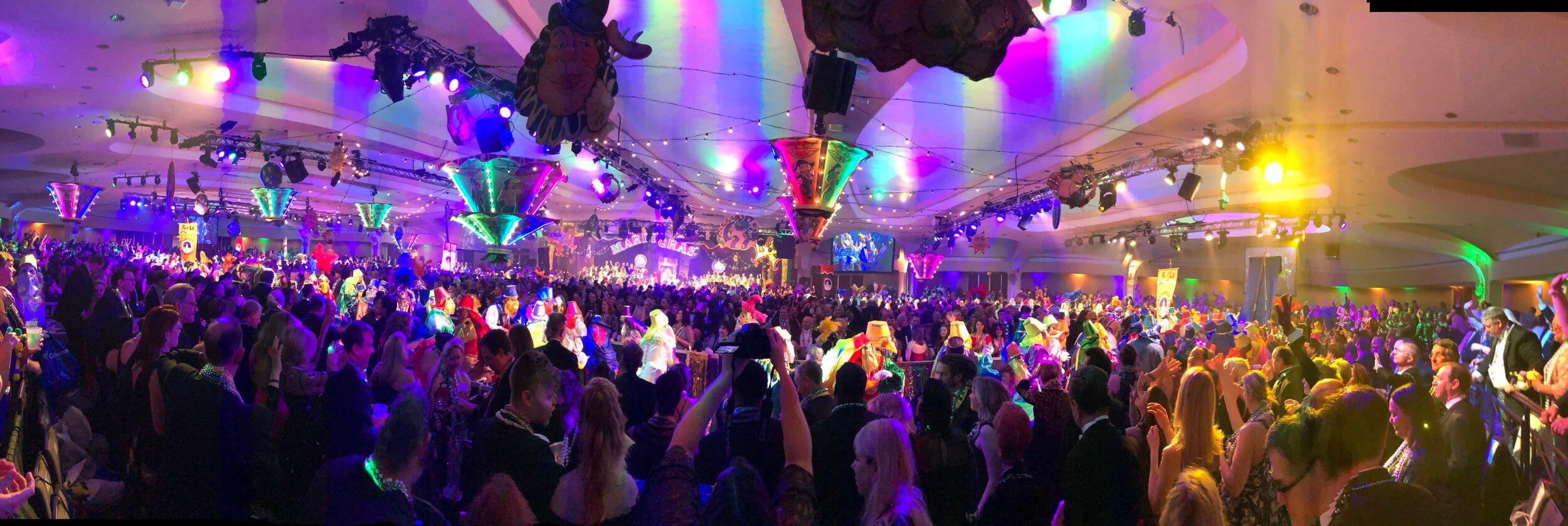
Partner at AKD Lawyers
Practice Areas: Personal Injury, Insurance Claims

Natural disasters can change lives in an instant. Beyond the visible destruction, survivors often face another challenge navigating complex legal issues. From denied insurance claims to landlord disputes or job loss, the road to recovery can be overwhelming. Knowing your legal rights and the resources available to you can make rebuilding easier and less stressful.
This guide explains where to find free or low-cost legal help, what protections exist for disaster survivors, and how to make the most of the legal aid available through government and nonprofit programs.
Why Legal Help Matters After a Natural Disaster
After a hurricane, flood, or wildfire, survivors may face serious financial and housing problems. Insurance companies may delay or deny claims, landlords might issue eviction notices, and many families lose important legal documents that prove ownership or identity.
Free legal help ensures you don’t have to face these problems alone.
Legal aid services help with issues such as:
- Appealing FEMA denials and filing insurance claims
- Preventing wrongful evictions or resolving landlord disputes
Having an advocate who understands the laws can help protect your rights, especially during times when people are most vulnerable.
What Is Disaster Legal Services (DLS)?
When a natural disaster is declared, the Federal Emergency Management Agency (FEMA) and the American Bar Association’s Young Lawyers Division (ABA YLD) work together to provide Disaster Legal Services (DLS).
DLS offers free legal assistance to individuals and families who cannot afford an attorney and are facing disaster-related legal problems. This program helps ensure low-income residents have access to justice and vital legal protection during recovery.
DLS can help with issues such as:
- FEMA benefit appeals
- Insurance disputes
- Tenant and landlord issues
- Contractor fraud and consumer complaints
- Replacing lost legal documents
- Employment and wage concerns
Under the Stafford Disaster Relief and Emergency Assistance Act, FEMA is authorized to provide such assistance when the President declares a major disaster. Survivors can access these services through Disaster Recovery Centers (DRCs) or local legal aid offices.

Common Legal Issues After a Natural Disaster
Insurance Claim Disputes
After a disaster, many policyholders face delays or denials from their insurance companies.
If your claim is denied:
- Review your policy and the denial letter carefully
- Gather evidence such as photos, receipts, and inspection reports
- File an appeal within the specified deadline
Free legal services can help policyholders challenge unfair denials and negotiate settlements.
Housing and Landlord-Tenant Issues
Renters often face difficult situations when their homes become uninhabitable.
Depending on state laws, you may have the right to:
- Withhold rent if the property is unsafe
- Terminate the lease without penalty if repairs are not made
- Request temporary relocation or repairs
Knowing your tenant rights after a disaster can prevent illegal evictions and protect your housing stability.
Contractor Fraud and Scams
Rebuilding efforts can attract dishonest contractors who take advantage of disaster victims.
To protect yourself:
- Verify that contractors are licensed and insured
- Avoid paying full amounts upfront
- Keep written contracts outlining costs and timelines
Employment and Wage Issues
If your workplace was damaged or you lost your job due to the disaster, you may be eligible for Disaster Unemployment Assistance (DUA). This program supports employees and self-employed individuals who cannot work because of disaster conditions.
Understanding Your Legal Rights and Protections
The Stafford Act outlines the rights and aid available to individuals and communities impacted by disasters. This includes grants for housing, emergency repairs, and unemployment benefits.
Federal law also protects renters from unlawful evictions and provides funding for housing recovery programs. Many states, including Louisiana, extend these protections with local rules against price gouging and unfair rental practices after disasters.
“The Stafford Act constitutes the legal foundation for most federal disaster relief efforts, including FEMA’s role in coordinating aid.” – U.S. Code § 5121
Understanding these laws helps survivors take the right steps when dealing with FEMA, landlords, or insurers. If you ever face difficulties appealing a FEMA decision, consulting a local New Orleans personal injury attorney familiar with disaster-related insurance disputes can also help clarify your rights.

How to Access Free or Low-Cost Legal Assistance
Free disaster-related legal help is available through multiple sources:
- Disaster Recovery Centers (DRCs) — On-site help from FEMA and legal aid volunteers
- Local Legal Aid Organizations — State and nonprofit legal services offer ongoing representation
- State Bar Associations — Many have volunteer attorneys for disaster response
“Applications for FEMA disaster assistance must typically be submitted within 60 days of the disaster declaration.” – FEMA.gov
Most legal aid services maintain confidentiality and offer help regardless of immigration status or income level (if you meet program criteria).
Steps to Strengthen Your Case When Seeking Help
Recovering after a disaster requires documentation and organization. Having proof and clear records helps legal aid teams and FEMA process your case faster.
| Step |
What to Do |
Why It Matters |
| 1 | Document all damages with photos and receipts | Supports insurance or FEMA claims |
| 2 | Contact a Disaster Recovery Center or legal aid hotline | Connects you with free legal assistance |
| 3 | File FEMA applications within 60 days | Keeps you eligible for benefits |
| 4 | Prepare appeals with strong evidence | Improves your chance of approval |
| 5 | Verify contractor credentials | Prevents fraud and financial loss |
| 6 | Keep copies of all correspondence | Helps during appeals and audits |
Frequently Asked Questions
Who qualifies for Disaster Legal Services (DLS)?
People in federally declared disaster areas who cannot afford legal representation.
How long do I have to apply for FEMA legal assistance?
Usually within 60 days of the disaster declaration unless extensions are approved.
Can I get legal help if I’m a renter and my home was damaged?
Yes, DLS and local legal aid can help with repairs, leases, or eviction issues.
What should I do if a contractor scams me after a disaster?
Report the fraud to your state Attorney General and seek free legal guidance.
What if my FEMA claim was denied?
You can appeal the decision with documentation showing your losses and eligibility.
Conclusion
Recovering from a natural disaster involves more than physical rebuilding. Knowing your rights and understanding where to find free legal help can protect you from fraud, housing loss, or denied claims.
Programs like FEMA’s Disaster Legal Services and local legal aid organizations provide crucial support for those who need help the most. Taking action early and keeping proper documentation can make the entire process smoother.
If you need help understanding your legal options after a disaster, AKD Law can guide you through the process. Our team is committed to helping Louisiana residents understand their rights and access the legal support they deserve.
Contact AKD Law today for a free consultation and learn how we can assist you in rebuilding with confidence.
Categories

In 2003, after being dissatisfied with the quality of legal care for victims of car accidents, Roderick ‘Rico’ Alvendia sought to establish a new firm focused on providing high-quality legal services to aid injured victims and their families. J. Bart Kelly, sharing Rico’s passion for upholding justice, joined the firm later that year, and established a partnership.






